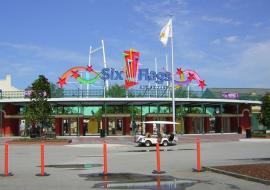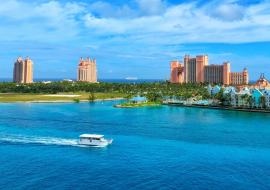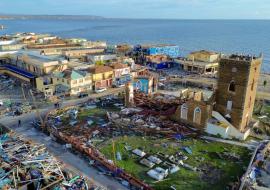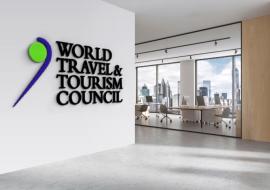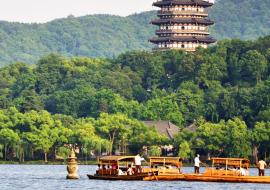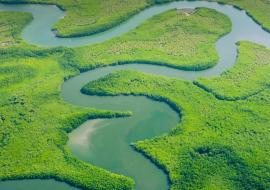Honduras Rolls Out New Coffee Route
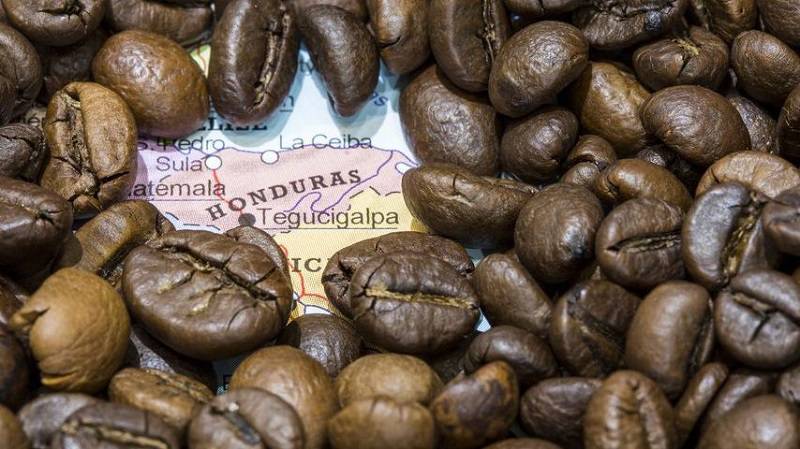
Honduras announces a new coffee route designed to allow tourists to explore the country's award winning coffee farms and facilities.
Honduras is one of the world’s leading coffee exporters and home to a multitude of award-winning coffee farms.
Soon, travelers visiting the country will be able to explore its rich coffee culture via a specially created route that passes through six of the Central American country’s top production regions and provides an opportunity to learn about the coffee making process and participate in taste tests.
Slated to be unveiled this fall (when the weather is perfect for exploring Honduras' picturesque coffee regions and ideal for harvesting as well), the Honduran Coffee Route will allow visitors to hear the success stories of local farmers and learn about their cultivating and roasting procedures. In addition to farms, the trail will include coffee industry training centers and research facilities.
Among the coffee route’s stops is the western department of Copan, home to the world-famous Maya ruins of Copan, one of the most spectacular cities of ancient Maya civilization.
The area is also considered one of the coolest coffee-producing regions in the country. It is located more than 3,280 feet above sea level and is known for a range of humidity levels. Coffee from the Copan region boasts sweet hints of chocolate, caramel, oranges and a balanced round body.
The San Rafael farm in Copan is famous for its farmstead coffee, which is never blended with coffee from other farms or producers. Beyond their exquisite seed-to-cup coffee production, San Rafael sells fine dairy products and specialty foods such as artisan cheeses.
Yet another stop here is Finca Santa Alena, a third-generation family farm stretching over 155 acres.
In Opalaca, visitors will find a variety of flavors in their cup such as tropical fruits, grapes and berries, giving it a subtle sweetness balanced by a fine and delicate acidity.
ESCAFE, the Institute of Coffee’s graduate school, meanwhile, is located in the department of Santa Barbara, a short drive from Opalaca. There's a total of six research facilities spread across the six coffee regions, but ESCAFE specializes in five distinct programs ranging from coffee tasting training to advanced business and farm management.
Next up is the COMSA farm in Montecillos, an association of organic coffee producers based in La Paz that strives to reduce poverty and promotes sustainable economic development in the region.
The association prides itself on its organic beans and their avoidance of farm chemicals. The beans contain additional vitamins and minerals and are fair trade compliant – all of which is explained by expert tour guides.
Towards the country’s interior lies Comayagua, El Paraiso and Agalta. Located at higher sea levels, reaching more than 5,500 feet, Comayagua and El Paraiso coffee is known for its sweet and fruity fragrances, while the coffee at Agalta is famed for its chocolate and caramel undertones.
An Institute of Coffee research and training facility is also locatd in El Paraiso and offers workshops that allow visitors to learn more about the coffee roasting and grinding process. And don’t miss the “cupping lab” during which students can taste coffee and spot the difference between a variety of brews.
Source: Travel Pulse







